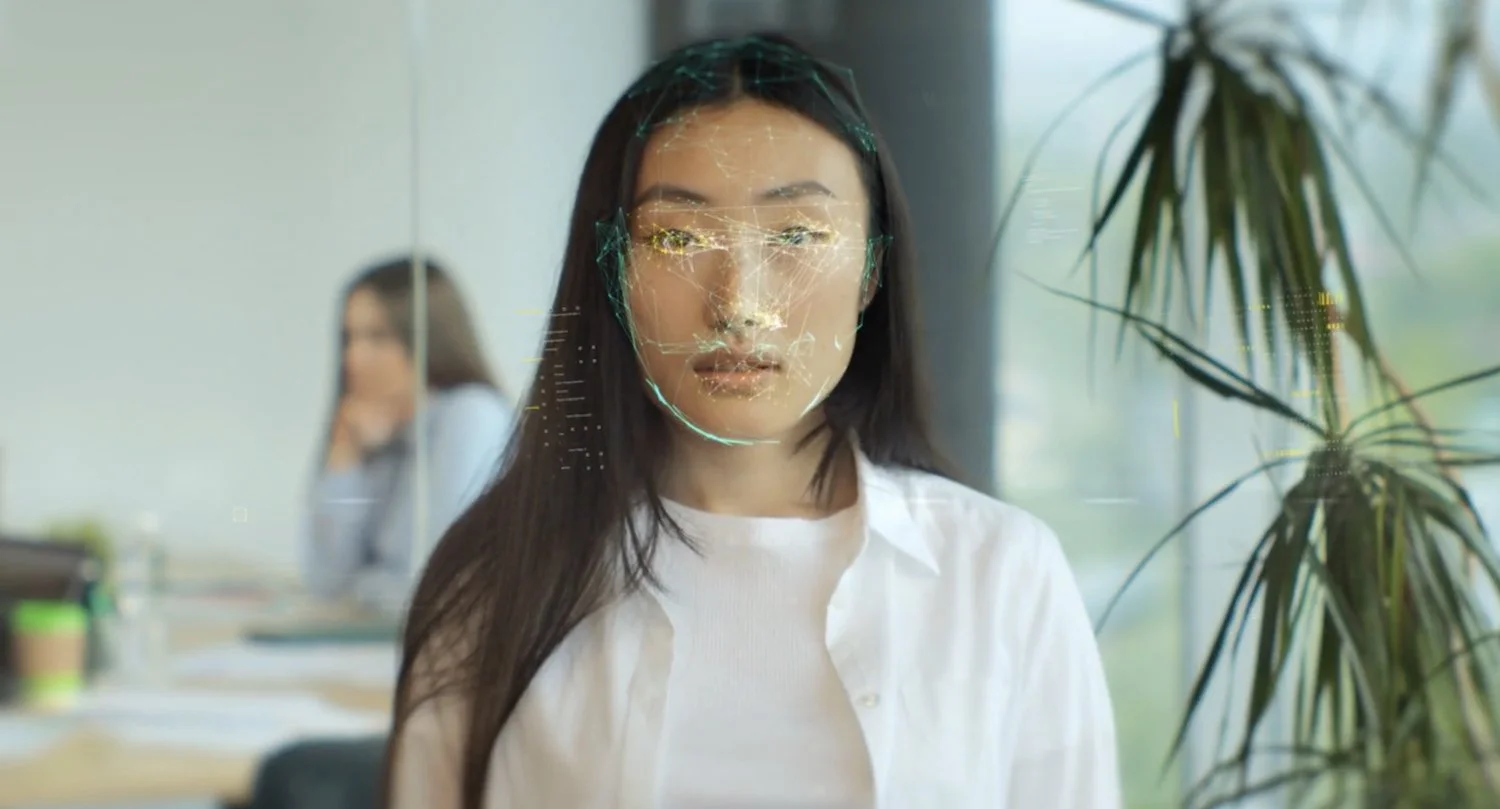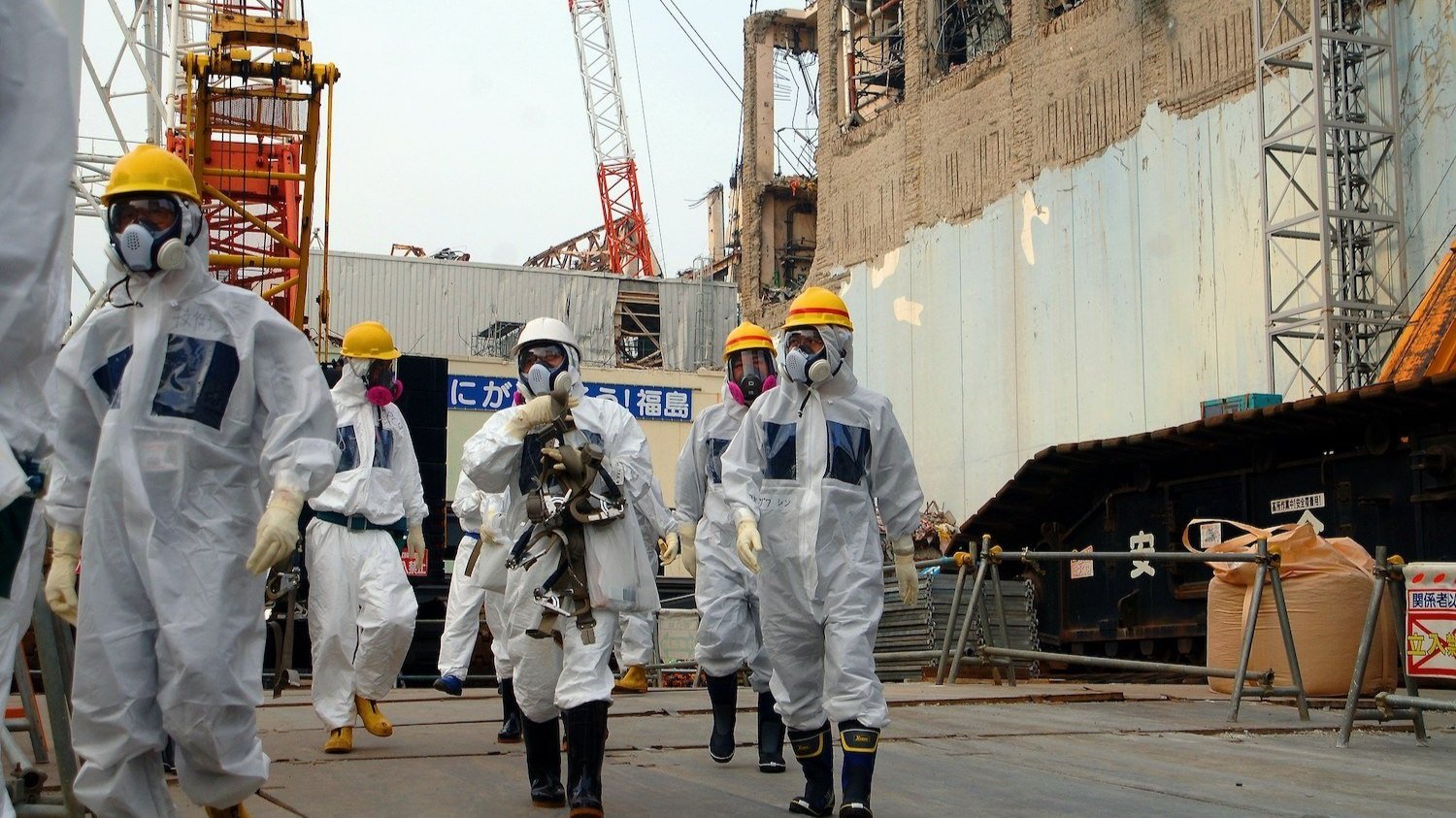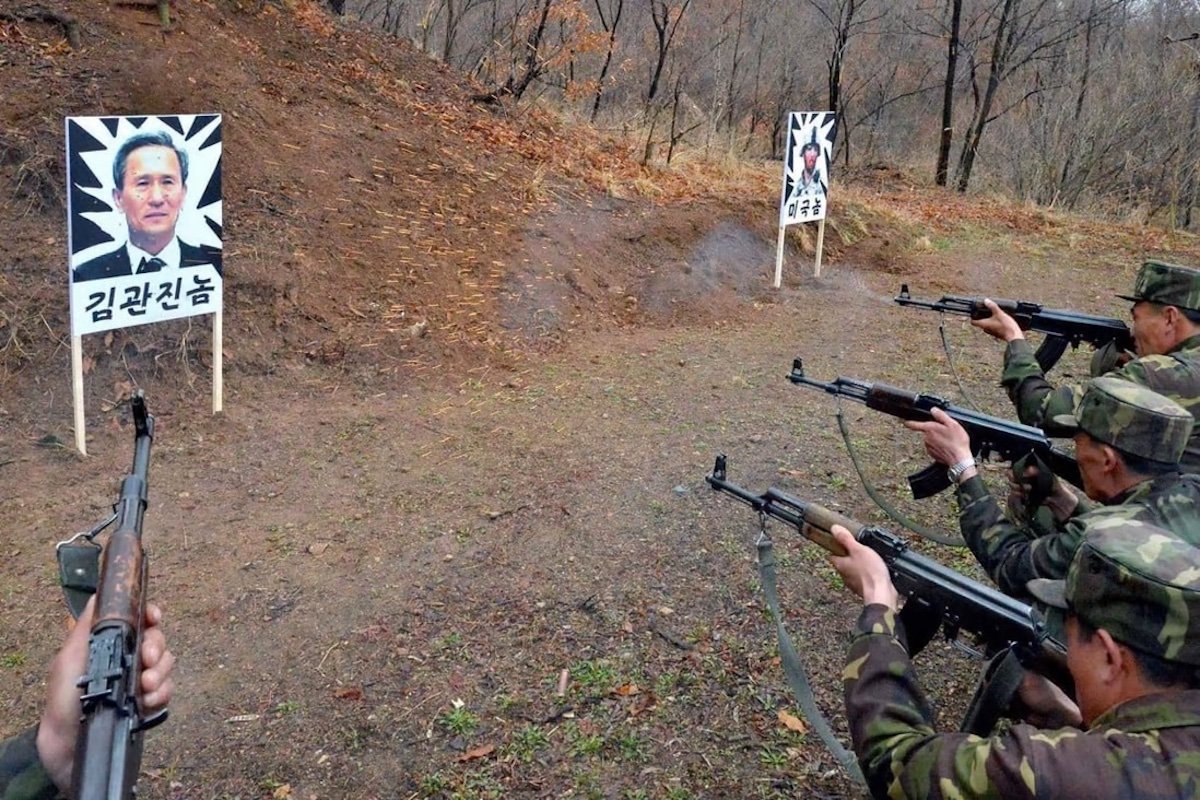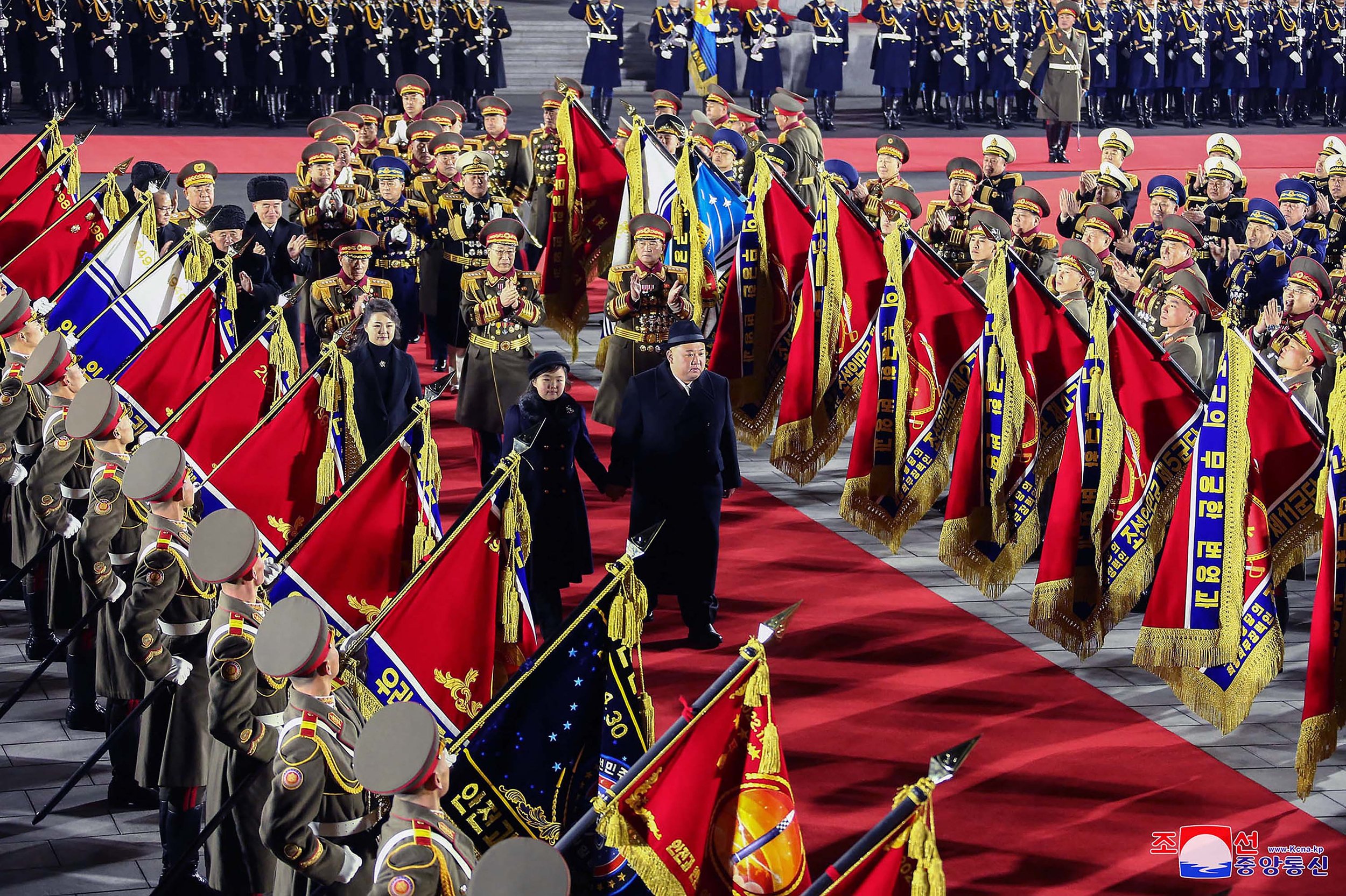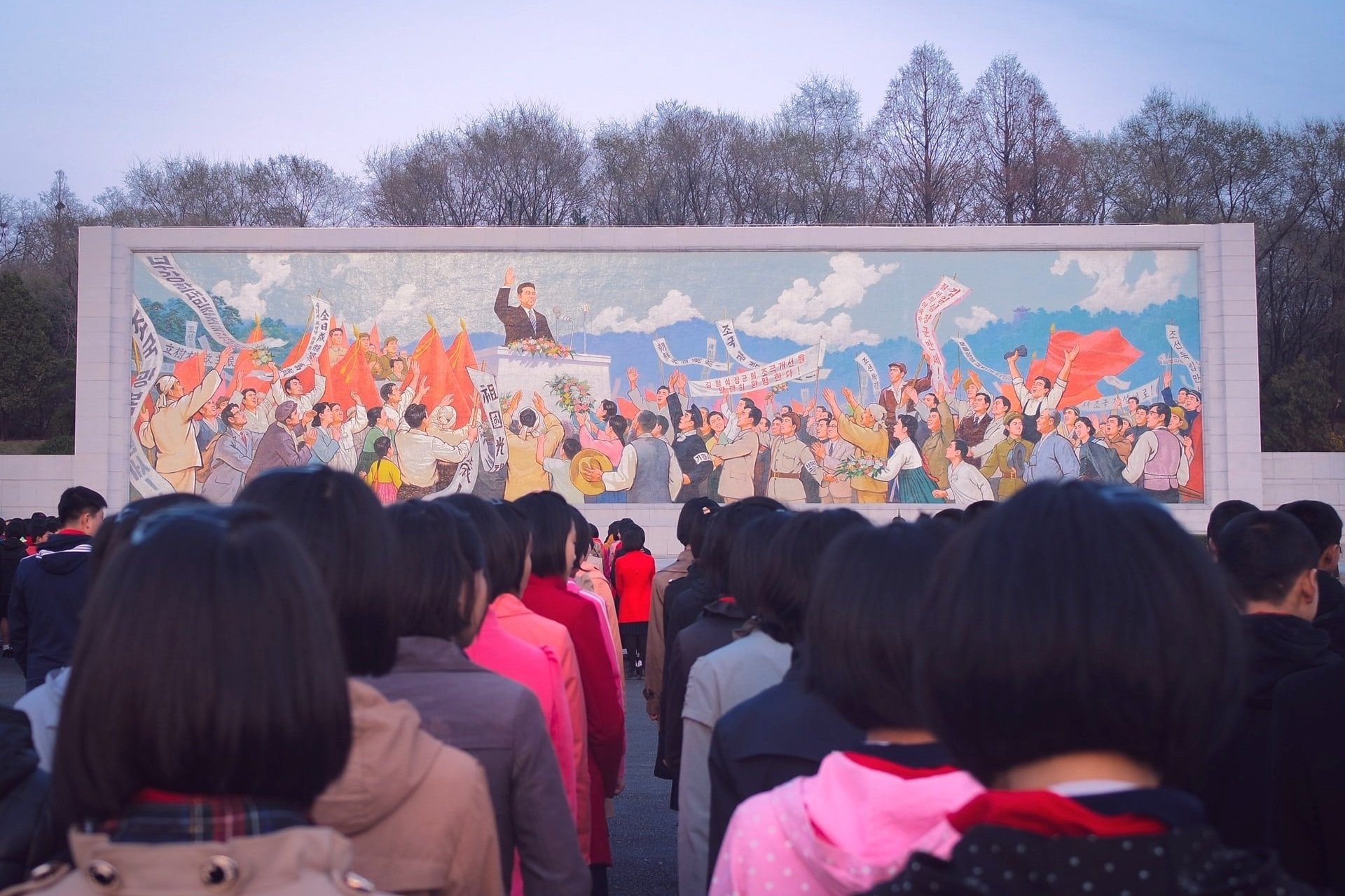Even though China has announced plans to restrict businesses’ use of facial recognition technology, it remains a dominant global player in selling this technology business that empowers the Chinese authorities to monitor and keep track of the population with little restrictions. It is a widely known fact that public cameras are purposefully placed on street corners and train stations in order for photographs and identity information to be generally gathered for the purpose of maintaining public security. Indeed, this facial recognition tool has been proven effective in aiding the police in identifying missing persons or locating wanted criminals in crowds as every Chinese resident is legally obligated to register their face in a government database. However, this is particularly problematic for North Korean defectors hiding in China as they are unregistered and unrecognizable by the system.
According to Seo Jae-pyoung, head of the South Korea-based Association of the North Korea Defectors, North Korean escapees do not show up with a matched profile when scanned by the cameras, and the police are quick to check on the person to determine why, thereby exposing their illegal immigration status. In effect, facial recognition technology in China significantly increases North Korean defectors’ risks of being caught, and as a result, drives up fees charged by smugglers who assist their defections. For instance, it cost about $2,000 USD per defector to escape through China with the help of a broker in the past. However, the price has skyrocketed since the facial recognition system was launched, costing about $10,000 USD to $15,000 USD per defector due to the increased risks taken up by brokers.
SURVEILLANCE LEADS TO ARRESTS?
There is a notable increase in facial recognition operations across Chinese cities, particularly in northern cities near the North Korean border where most defectors first arrive in China. In March 2023, five or six North Korean defectors and a local broker who assisted their move within China were caught by Chinese police near the northeastern city of Dalian. Seo suggested that the surveillance software played a major part in their capture, “It seems that those North Korean escapees were already tracked down.”
Meanwhile, data from the South Korean Ministry of Unification showed a sharp decrease in the number of successful North Korean defections in recent years. Although the rapid decline could be explained by the prolonged border closure during the Covid-19 pandemic, experts indicated that China’s growing facial recognition advancement also contributed to the fall in numbers. As noted by Ethan Hee-seok Shin, a legal analyst from the South Korea-based Transitional Justice Working Group, “The AI-based facial recognition program has made the North Korean refugees’ internal movement by public transportation within China almost impossible while the authorities have been using surveillance technology to monitor and intercept the escapees attempting to flee China.”
FEARFUL DEFECTORS
Although there is currently no conclusive evidence indicating that North Korean defectors in China are arrested as a result of facial recognition technology, the increased surveillance is spreading fear among the North Korean community in China. As Hanna Song, director of the South Korean-based Database Center for North Korean Human Rights, explained, “China’s increasing use of emerging technology is being used as a tool of repression that affects the most vulnerable groups including North Korean refugees. … Many North Koreans spoke about how the advanced surveillance capabilities, such as facial recognition and biometric systems, are used to monitor and track the movements of those in China.”
The system not only targets defectors, but also actively identifies those who aid their defections and subsequently alerts the authorities. Kim Sung-eun of Caleb Mission, a U.S.-based Christian group that assists defectors in China, added that a number of staff from his organization were arrested before the pandemic as they were passing through facial recognition machines in front of train stations.
Given Beijing has long maintained a diplomatic relationship with Pyongyang, it is suggested by Choo Jaewoo, a professor at Seoul’s Kyung Hee University, that the Chinese authorities would be able to surveil escapees at North Korea’s request. As a result, a streamline process of using facial recognition technology to spot and arrest defectors and associated individuals might soon be developed to speed up the course of forced repatriation pursuant to the 1986 bilateral agreement. In the past, repatriated defectors faced torture, imprisonment, sexual violence, forced labor in prison camps and even public execution.


